A high income could subject you to two extra taxes: the 3.8% Net Investment Income Tax (NIIT) and the 0.9% additional Medicare tax on wage and self-employment income. Let's break down these taxes and what they could mean for you.
The Net Investment Income Tax (NIIT)
In addition to regular income tax, the NIIT applies to your net investment income if your adjusted gross income (AGI) exceeds certain thresholds:
- $250,000 for joint filers,
- $200,000 for single taxpayers and heads of household, and
- $125,000 for married individuals filing separately.
If your AGI exceeds the threshold, the NIIT is applied to the lesser of:
- Your net investment income for the year, or
- The excess of your AGI over your threshold amount.
Net investment income includes interest, dividends, annuities, royalties, rents, and net gains from property sales. It excludes wage income and income from an active trade or business, though passive business income is subject to the NIIT. Additionally, tax-exempt income, such as interest from municipal bonds, is exempt from the NIIT, offering a strategy to reduce exposure.
Does the NIIT apply to home sales? Yes, but only if the gain is high enough. If you sell your principal residence, you can exclude up to $250,000 of the gain ($500,000 for joint filers) from income tax. This excluded gain is not subject to the NIIT. However, any gain exceeding the exclusion is subject to the tax, as is any gain from the sale of a vacation home or second residence that doesn't qualify for the exclusion.
Distributions from qualified retirement plans, such as pensions and IRAs, aren't subject to the NIIT. However, these distributions may increase your AGI above the threshold, subjecting other types of income to the NIIT.
The Additional Medicare Tax
In addition to the standard 1.45% Medicare tax paid by all wage earners, high-income earners may be subject to an extra 0.9% Medicare tax on wage income exceeding:
- $250,000 for joint filers,
- $125,000 for married individuals filing separately, and
- $200,000 for all others.
Employers must begin withholding the additional 0.9% tax when an employee's wages reach $200,000 annually. However, if you have multiple sources of income or if your spouse also has income, this withholding may not be sufficient. In such cases, you can request additional withholding by filing a new Form W-4 with your employer.
Self-employed individuals also face the additional 0.9% Medicare tax on self-employment income exceeding the same thresholds and the standard 2.9% Medicare tax. These thresholds are reduced by any wage income earned during the tax year.
Mitigate the Impact
These two taxes can significantly impact your overall tax liability. At Brinker Simpson, we're here to help you explore strategies to reduce their effect. Contact us today to discuss your options and ensure your tax plan is as efficient as possible.



